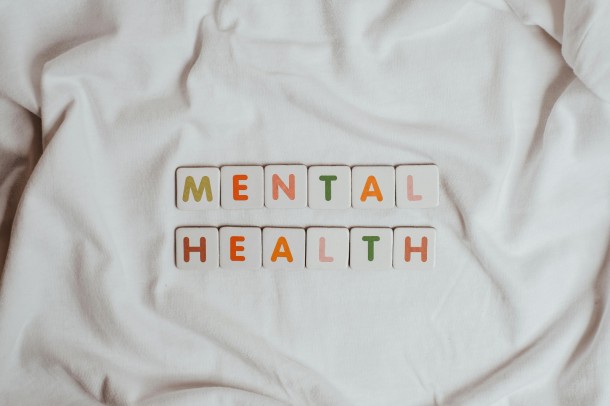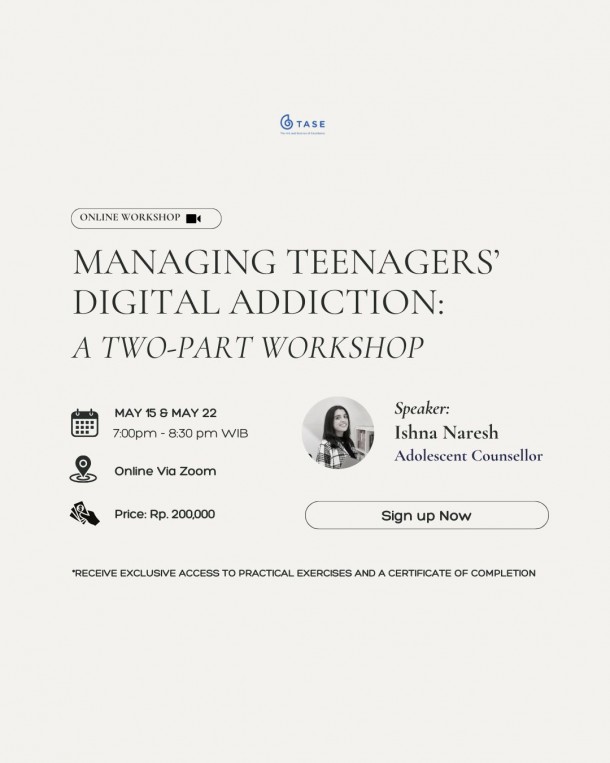This past week was eating disorder awareness week, an important time to shed light on the realities of eating disorders, a condition that is often misunderstood and oversimplified. While many people assume that eating disorders are solely about food or body image, the truth is far more complex. Eating disorders are deeply rooted in psychological, emotional, and social factors, making them about much more than just what’s on a plate.
Beyond Food: The Psychological and Emotional Roots
Eating disorders, such as anorexia nervosa, bulimia nervosa, and binge-eating disorder, are mental health conditions that manifest in disordered eating behaviours. However, they often stem from underlying issues like anxiety, depression, trauma, low self-esteem, and a need for control. For many, food becomes a coping mechanism—a way to regain control in a chaotic world or a means of numbing difficult emotions.
While someone struggling with anorexia may restrict their intake, not just to achieve a certain body size but because it provides a sense of control over their life. A person experiencing binge-eating disorder can be driven by emotional distress, where individuals use food for comfort, often experiencing guilt and shame afterwards. In both cases, food is often intertwined with an emotional aspect, most often used as a coping mechanism.
Societal and Cultural Pressures
In addition to personal struggles, societal influences play a significant role in the development of eating disorders. As unrealistic beauty standards, diet culture and social media start to consume our daily lives, there is also an increase in body dissatisfaction and disordered eating habits. The constant bombardment of “ideal” body images can make individuals feel pressured to look a certain way to fit what society deems as beautiful.
Recognizing the Signs and Offering Support
Since eating disorders go beyond food, recognizing the signs early can make a significant difference in someone’s recovery journey. Some key warning signs include:
- Drastic changes in eating habits
- Excessive concern about body image or weight
- Social withdrawal or avoidance of meals with others
- Mood swings, anxiety, or depression
- Physical symptoms like dizziness, fatigue, or gastrointestinal issues
If you suspect someone you know may be struggling, approach them with compassion rather than judgment. Express your concern, listen without criticism, and encourage them to seek professional help. Recovery is possible, but it often requires support from therapists, dietitians, and a strong community.
Spreading Awareness and Encouraging Open Conversations
EDAW serves as a powerful reminder that eating disorders are serious mental health conditions, not just choices or phases. By fostering open conversations, breaking down stigma, and promoting education, we can create a society that supports recovery and body acceptance.
If you or someone you know is struggling with an eating disorder, consider reaching out to a mental health professional. Awareness is the first step, but compassion and action pave the way for healing.




